
Find A Professional
More Items From Ergsy search
-

Will I see a doctor?
Relevance: 100%
-

What should I discuss with my doctor before starting Ozempic?
Relevance: 72%
-
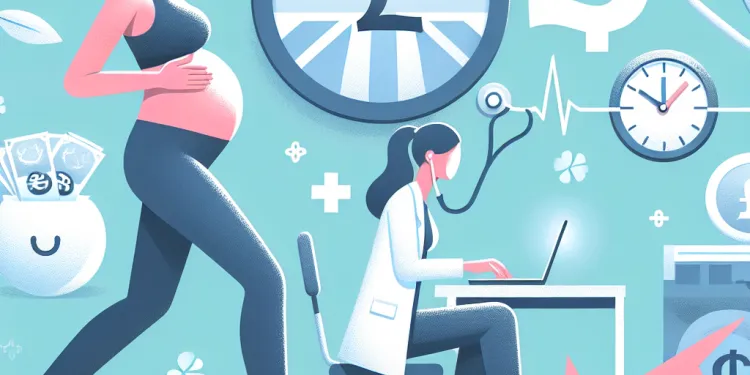
Do I need to consult a doctor before exercising during pregnancy?
Relevance: 69%
-

What should I discuss with my doctor before starting Ozempic?
Relevance: 60%
-
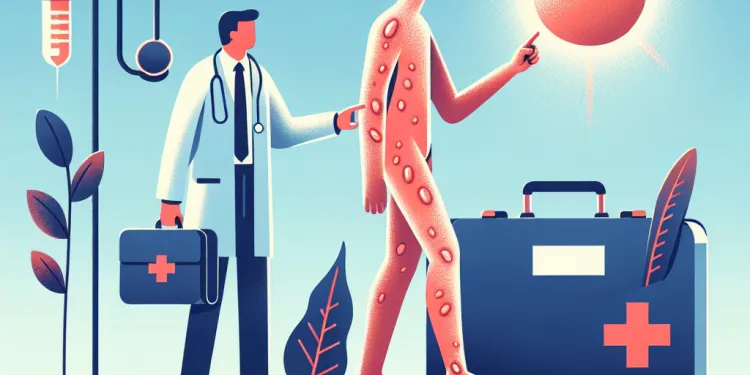
When should I see a doctor for psoriasis?
Relevance: 57%
-

How often should someone with asthma see a doctor?
Relevance: 51%
-
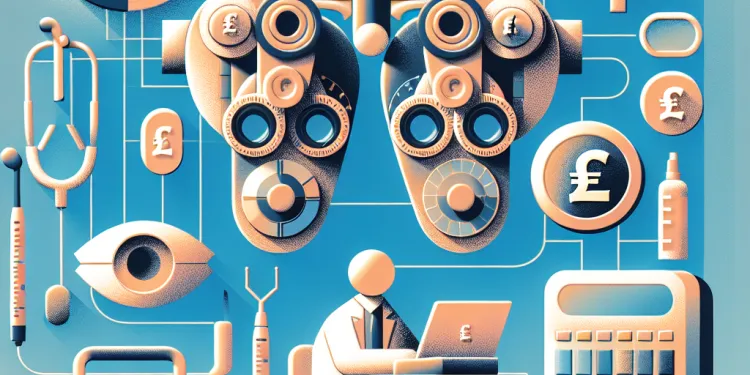
Should I share the results of my self-tests with my eye doctor?
Relevance: 48%
-
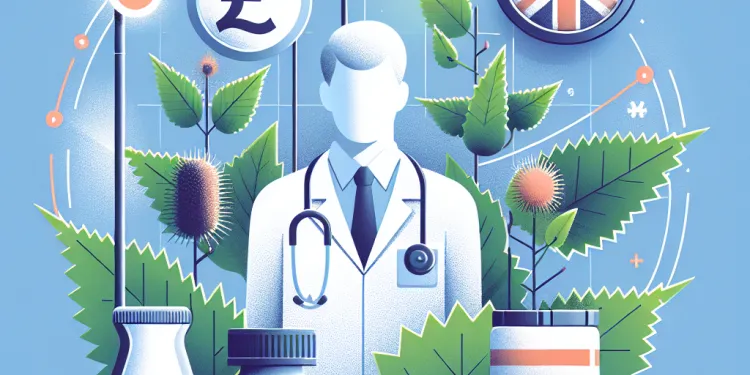
When should I see a doctor for nettle rash?
Relevance: 45%
-
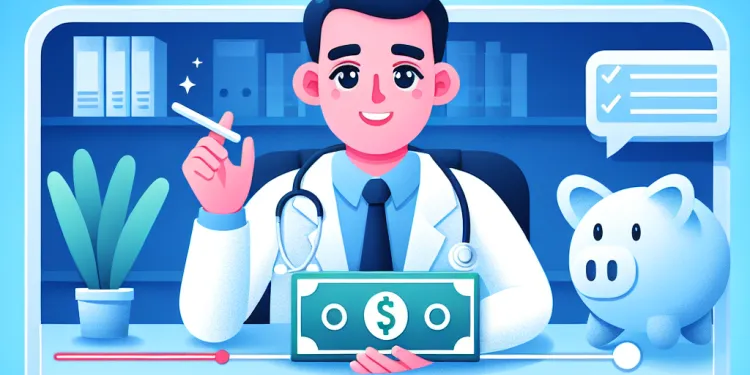
Should I see a doctor for a cold?
Relevance: 27%
-
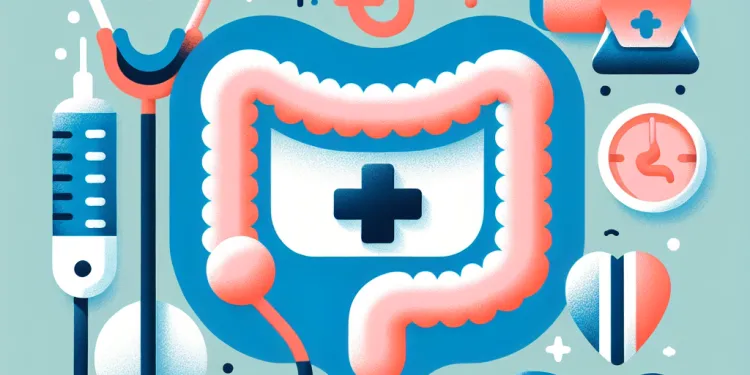
How soon should you see a doctor if you suspect appendicitis?
Relevance: 25%
-

How is Carpal Tunnel Syndrome diagnosed?
Relevance: 25%
-
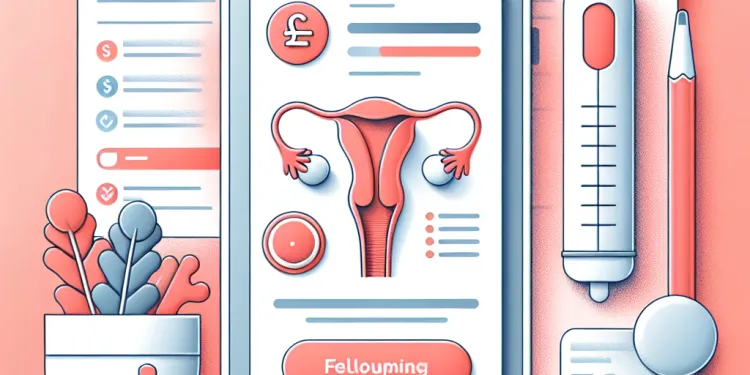
Is there any follow-up required after a womb lining test?
Relevance: 25%
-
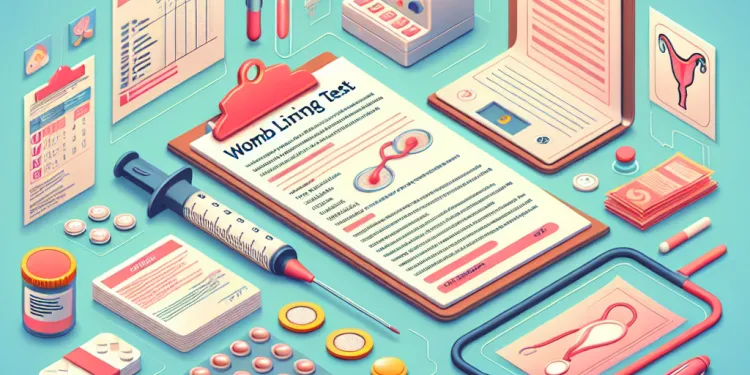
How should I prepare for a womb lining test?
Relevance: 24%
-
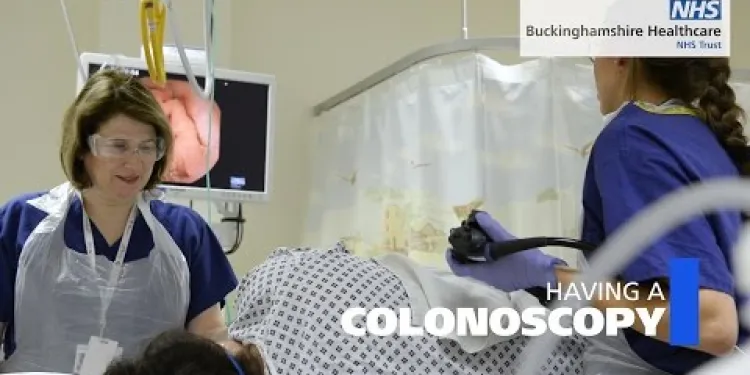
Having a colonoscopy in hospital - Patient Guide
Relevance: 22%
-
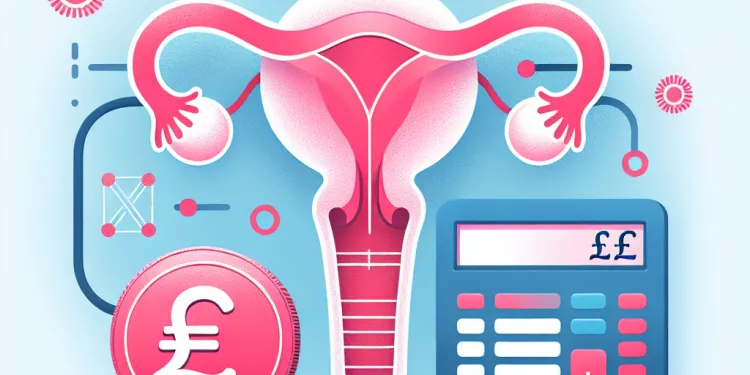
What is the Womb Lining test?
Relevance: 21%
-
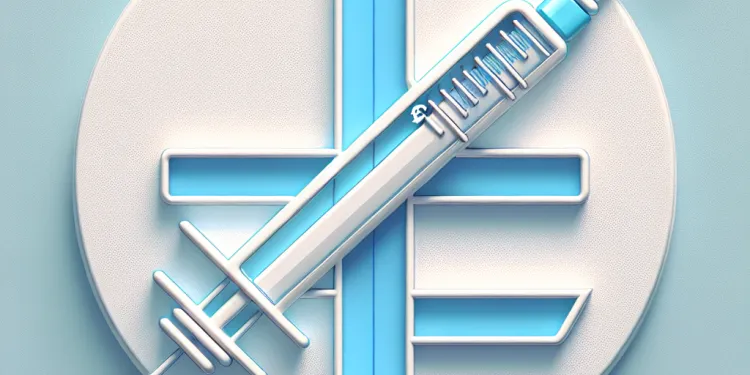
Who can administer Botox?
Relevance: 20%
-
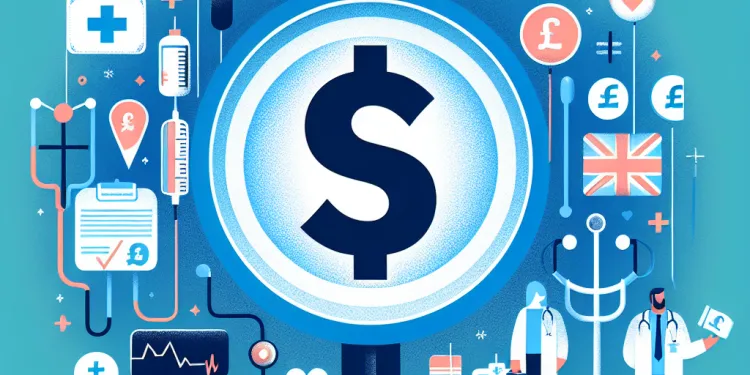
How the Shortage of GPs is Affecting Patient Care Across the UK
Relevance: 20%
-
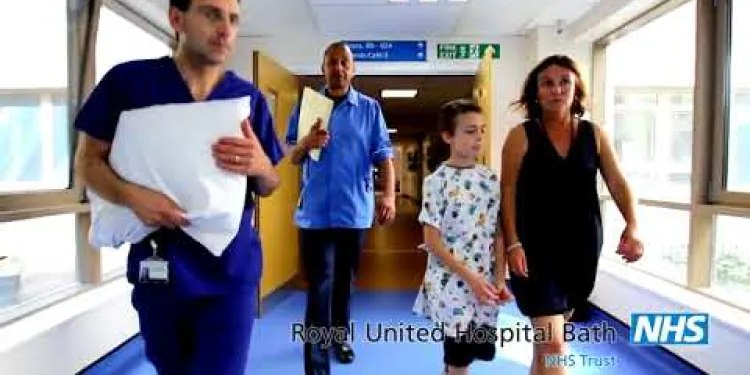
Having an anaesthetic for your operation - for over 8s
Relevance: 20%
-
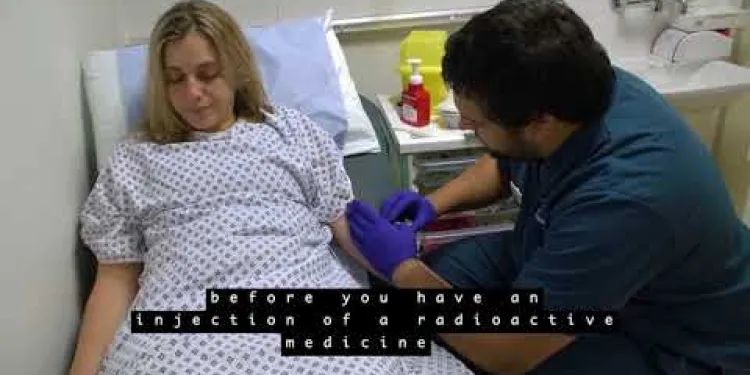
Your PET/CT scan at University College Hospital
Relevance: 19%
-

Endoscopy Procedures | Colonoscopy
Relevance: 18%
-
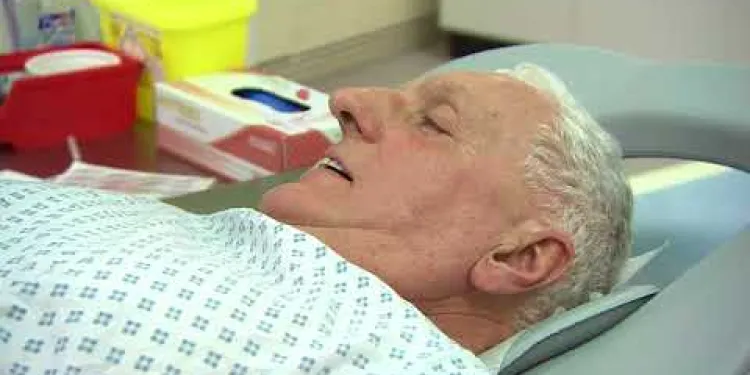
So, you're having a CT scan...
Relevance: 18%
-
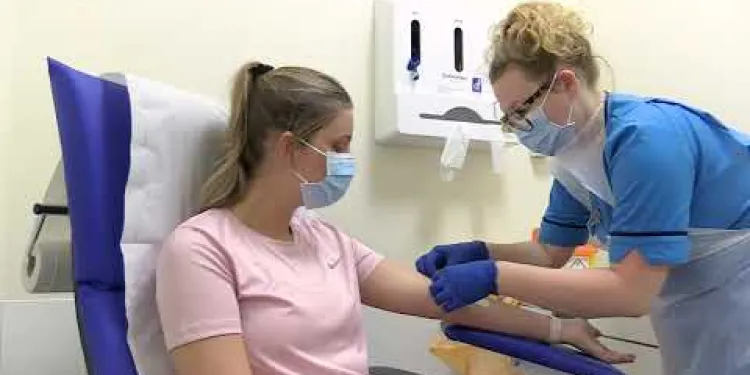
The FDG PET Scan: What to expect
Relevance: 17%
-
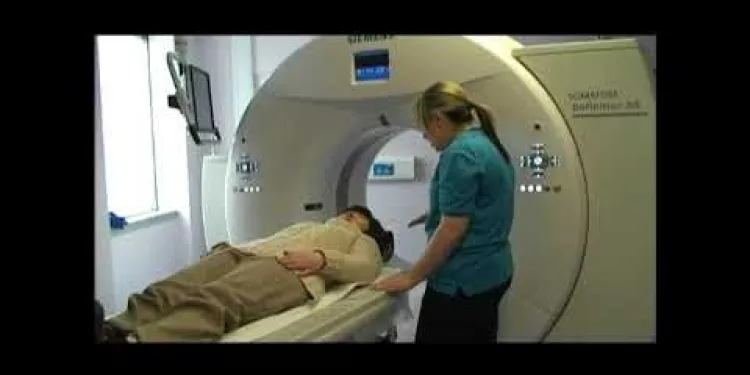
Going For a CT Scan
Relevance: 17%
-
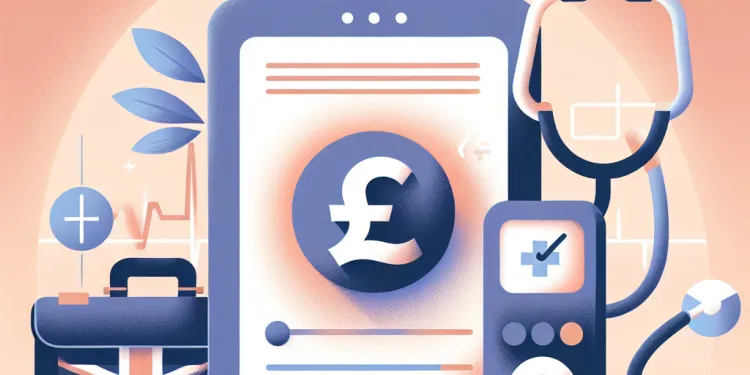
What happens after a womb lining test?
Relevance: 16%
-
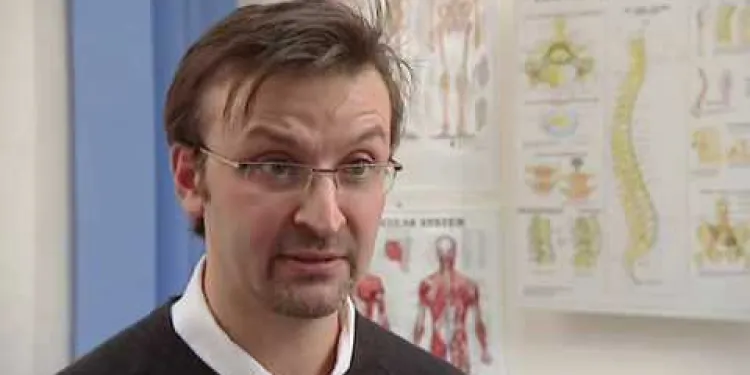
Advice on neck pain and whiplash
Relevance: 16%
-
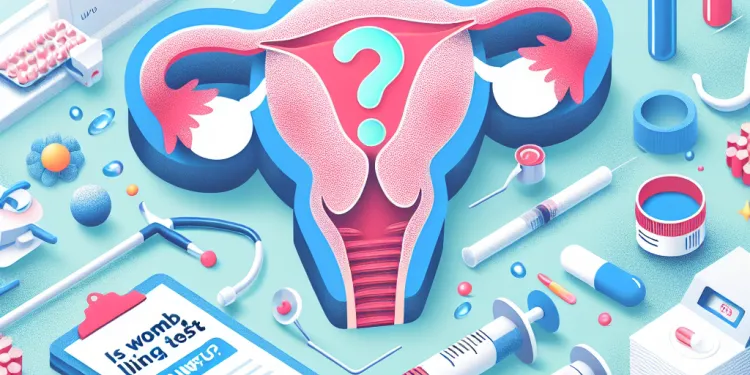
Is a womb lining test painful?
Relevance: 16%
-
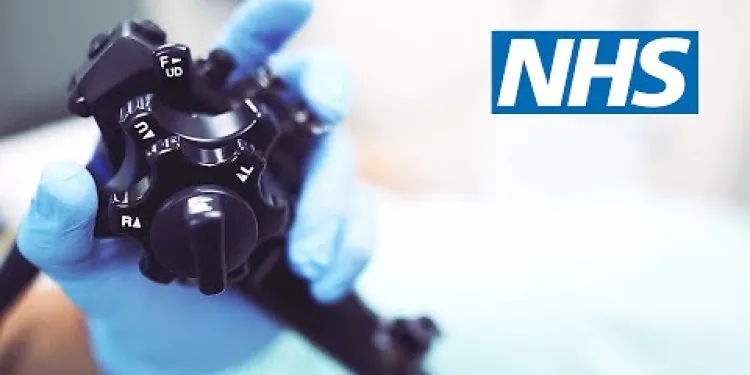
What happens during a colonoscopy?
Relevance: 16%
-
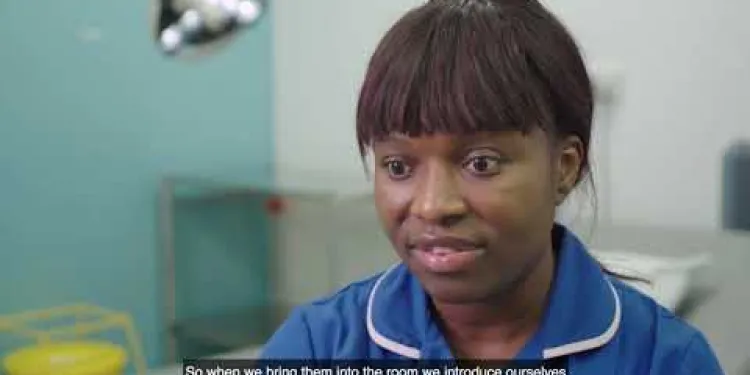
Having a hysteroscopy as an outpatient (English)
Relevance: 16%
-
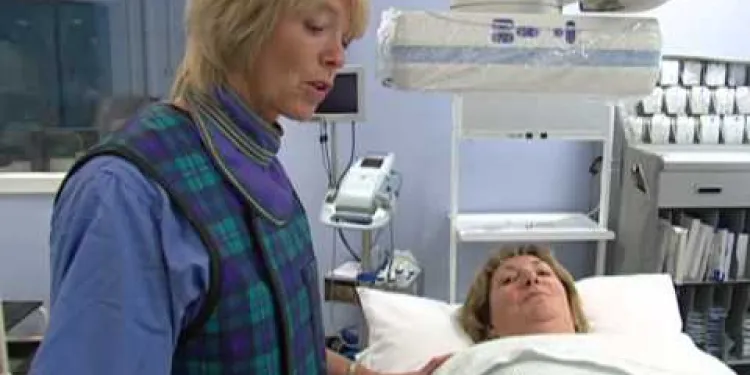
Having a CT Angiogram
Relevance: 15%
-

What should be done if severe side effects occur?
Relevance: 15%
-
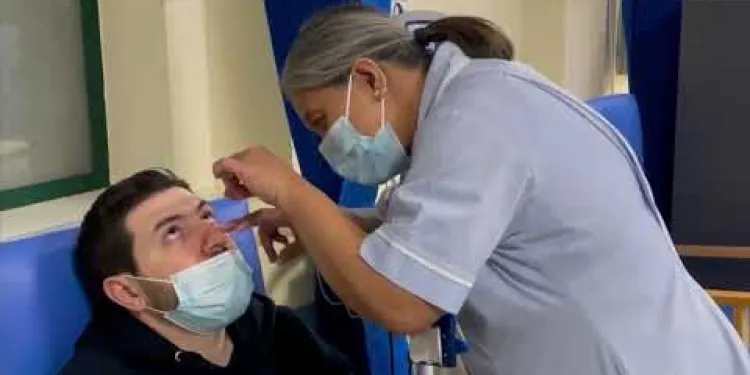
On the day of your cataract surgery
Relevance: 15%
-

Will I need a follow-up visit after my hair transplant in Turkey?
Relevance: 15%
-

What types of nursing degrees can I pursue?
Relevance: 15%
-

Going for an MRI Scan
Relevance: 14%
-
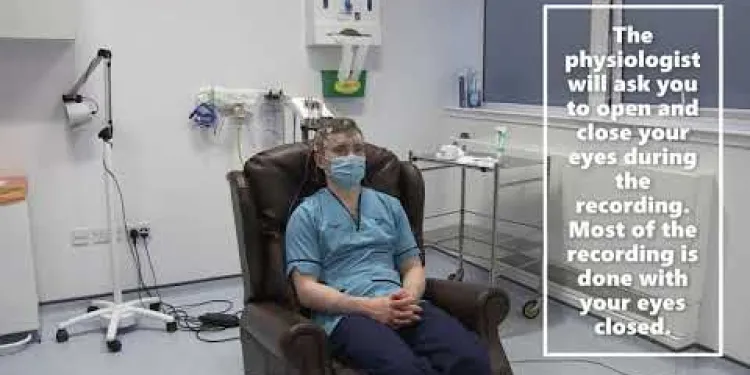
Neurophysiology EEG Patient Information
Relevance: 14%
-
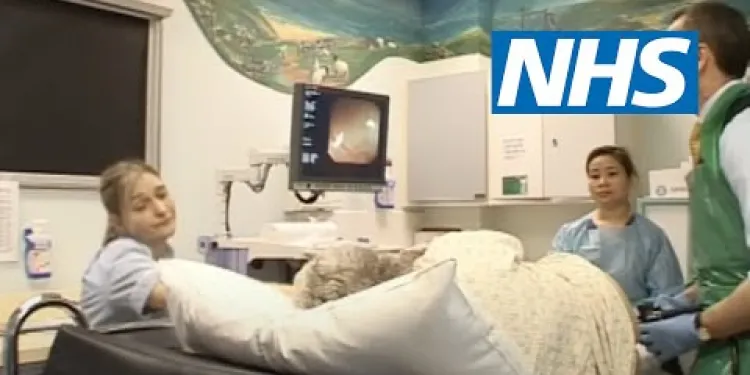
What happens during a colonoscopy? | NHS
Relevance: 14%
-
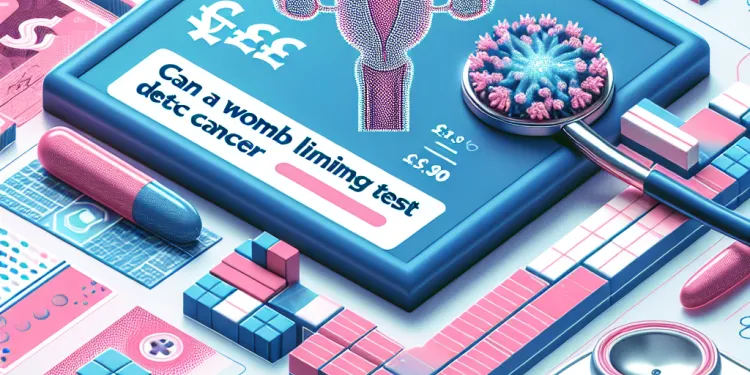
Can a womb lining test detect cancer?
Relevance: 14%
-
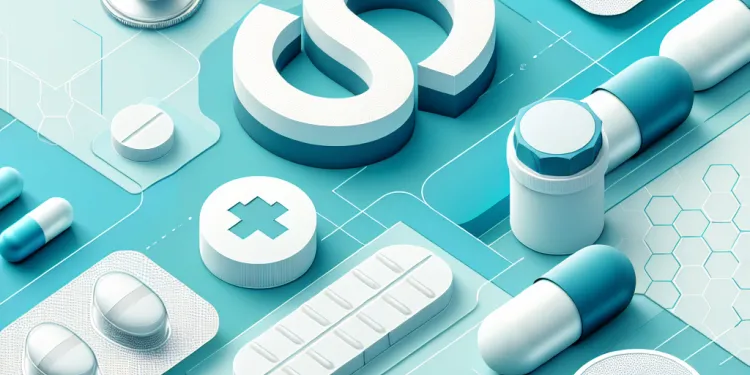
Can Ozempic be used in conjunction with other weight-loss medications?
Relevance: 13%
-
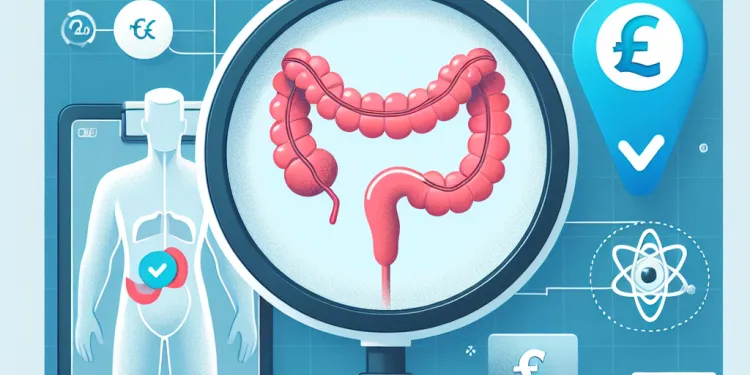
How is appendicitis diagnosed?
Relevance: 13%
-

What is the womb lining test?
Relevance: 13%
Will I See a Doctor?
In the UK, accessing medical care typically involves engaging with the National Health Service (NHS). The process for seeing a doctor is structured to ensure that care is provided efficiently and effectively. Understanding how the system works can help you know what to expect and how to prepare for an appointment.
Booking an Appointment
To see a doctor, you usually need to make an appointment with your GP (General Practitioner). You can do this by calling your GP practice, using an online service available through your GP's website, or through the NHS App. If you are unable to get an appointment, you may be offered a phone consultation with a doctor or referred to another healthcare professional within the practice, such as a nurse practitioner or healthcare assistant.
Out-of-Hours Care
If you need to see a doctor outside of normal operating hours, you can contact NHS 111, a non-emergency service providing medical advice and guidance over the phone. NHS 111 can direct you to an out-of-hours GP service or advise you if you need to visit a walk-in centre or minor injury unit.
What to Expect
When you visit a GP, you should be prepared to discuss your symptoms and medical history. If necessary, your GP might refer you to a specialist for further investigation, or they might order tests such as blood tests, x-rays, or scans. It's important to ask questions if you're unsure about any part of your treatment plan.
Alternatives to Seeing a Doctor
For minor illnesses and injuries, you may not need to see a doctor. Pharmacists can provide advice and treatments for common illnesses like colds, sore throats, or minor skin conditions. If your condition is more serious, pharmacists may advise you to see a GP. Additionally, NHS 111 online can offer guidance and support, and it can advise you if you need to see a doctor.
Private Healthcare Options
While the NHS provides comprehensive healthcare, some people opt for private healthcare services. Private healthcare can offer shorter waiting times for specialist consultations and treatments. If you have private health insurance, you may be able to see a doctor more quickly by accessing these services. Keep in mind that private healthcare usually involves fees for consultations and treatments.
Emergency Situations
If you have a medical emergency, you should call 999 or go to the nearest A&E (Accident & Emergency) department. Emergencies can include symptoms like severe chest pain, difficulty breathing, or serious injuries. A&E departments are equipped to deal with these serious, life-threatening emergencies.
Will I See a Doctor?
In the UK, we often go to the NHS (National Health Service) for medical care. To see a doctor, there is a process that helps things go smoothly. Knowing how it works can help you be ready for your visit.
Booking an Appointment
If you want to see a doctor, you need to book an appointment with your GP (General Practitioner). You can call them, use their website, or use the NHS App to book. If you can't get an appointment, you might have a phone call with a doctor or talk to a nurse or healthcare assistant instead.
Out-of-Hours Care
If you need a doctor when the surgery is closed, you can call NHS 111. This is a phone service that gives advice when it's not an emergency. They can tell you where to go, like a walk-in centre, if you need to see someone.
What to Expect
When you see a GP, you should talk about how you feel and any health issues you have. The GP might send you for more tests or to see a specialist if needed. Always ask questions if you don’t understand the plan for your care.
Alternatives to Seeing a Doctor
For small illnesses, you might not need a doctor. A pharmacist can help with things like colds or sore throats. If it’s more serious, they will tell you to see a GP. NHS 111 online is also helpful and can guide you if you need to see a doctor.
Private Healthcare Options
Some people choose private healthcare because it can be quicker. If you have private health insurance, you can see doctors faster, but you will have to pay for it.
Emergency Situations
If it’s a serious emergency, call 999 or go to A&E (Accident & Emergency). This is for things like severe chest pain, trouble breathing, or bad injuries. A&E is for serious and life-threatening problems.
Frequently Asked Questions
What steps should I take to see a doctor?
To see a doctor, you should first schedule an appointment by calling the doctor's office or using an online booking system if available.
Can I walk into a clinic without an appointment to see a doctor?
Some clinics offer walk-in services where you can see a doctor without an appointment. It's best to check with the clinic first to confirm their policy.
How long will I have to wait to see a doctor after making an appointment?
The wait time to see a doctor can vary depending on the clinic's schedule and availability, but it typically ranges from a few days to a couple of weeks.
Will my insurance cover the visit to the doctor?
Most insurance plans cover doctor visits, but it's important to check with your insurance provider to understand your coverage and potential out-of-pocket costs.
What should I bring with me when I see a doctor?
When seeing a doctor, bring your insurance card, identification, a list of current medications, and any relevant medical records.
Can I see a doctor virtually?
Yes, many healthcare providers offer telehealth services where you can see a doctor virtually via video call or phone.
How do I prepare for a virtual doctor visit?
For a virtual visit, ensure you have a stable internet connection, a device with a camera and microphone, and any necessary apps downloaded. Be ready with your medical history and questions.
Are there situations where I need to see a doctor immediately?
Yes, if you have a medical emergency, you should go to the emergency room or call emergency services immediately.
What types of conditions require seeing a doctor regularly?
Chronic conditions like diabetes, hypertension, and asthma require regular check-ups with a doctor.
Will the doctor provide a prescription if needed?
Yes, if your condition requires medication, the doctor will provide a prescription.
How can I find a doctor who suits my needs?
To find a suitable doctor, consider recommendations from friends and family, review healthcare provider directories, and check credentials and specialties online.
What is the process during a regular check-up with a doctor?
During a regular check-up, the doctor will review your medical history, perform a physical examination, and may order lab tests if necessary.
What are some common reasons people see a doctor?
People typically see a doctor for preventive care, illness symptoms, injury, chronic condition management, and routine check-ups.
How do I know if I need to see a specialist instead of a general doctor?
You may need to see a specialist if your condition requires specialized knowledge or treatment that a general doctor cannot provide.
Can I switch doctors if I'm not satisfied with my current one?
Yes, you can change doctors if you're dissatisfied. Make sure to transfer your medical records to the new doctor for continuity of care.
Are there any additional costs when seeing a doctor outside of my insurance network?
Yes, seeing a doctor outside of your insurance network may result in higher out-of-pocket costs. Verify with your provider beforehand.
Can I see a doctor if I don't have insurance?
Yes, you can still see a doctor without insurance, but be prepared to cover the expenses out-of-pocket. Some clinics offer sliding scale fees based on income.
How often should children see a doctor?
Children should see a pediatrician regularly for check-ups, vaccinations, and to track their development based on age-specific guidelines.
What is the best way to communicate my symptoms to a doctor?
Be clear and concise, describe your symptoms, their duration, and any known triggers. This will help the doctor diagnose and treat you effectively.
How do I know if I should see a doctor for mental health issues?
If you're experiencing persistent changes in mood, behavior, or thinking, or if your mental health is affecting your daily life, it's advisable to see a doctor or mental health professional.
How can I go to see a doctor?
To see the doctor, you should first make an appointment. You can do this by calling the doctor's office. You can also use a website to book a time if they have one.
Can I go to a clinic and see a doctor without booking first?
Some clinics let you see a doctor without booking ahead, called walk-in services. Check with the clinic to make sure you can do this.
How long do I wait before I see the doctor after my appointment?
You made an appointment with the doctor. Now, you want to know when you will see them. Here are some tips to help:
- Ask the clinic when you call. They can tell you how long you might wait.
- Try asking a friend or family member who has been there before.
- If you do not like waiting, call at a less busy time. Mornings might be better.
- Use a timer or phone to remind you of the time. This can make waiting feel shorter.
- Bring a book, toy, or headphones. These help make waiting more fun.
How long you wait to see a doctor can be different. It depends on how busy the clinic is. Usually, you might wait a few days or up to two weeks.
Will my insurance pay for the doctor visit?
Most insurance plans help pay for going to the doctor. But it is good to ask your insurance company what they pay for. This way, you know what you might have to pay yourself.
What should I take when I go to the doctor?
When you see the doctor, it's good to take some things with you. Here is a list to help:
- Health card: This is a card with your health information. It helps the doctor know about you.
- List of medicines: Write down any pills or medicine you take. This helps the doctor know about your treatments.
- Questions: Think about any questions you want to ask the doctor. Write them down so you remember.
- Notebook: Bring a small notebook to write down what the doctor says. This will help you remember instructions.
- Support person: If you feel nervous, ask a family member or friend to go with you. They can help you understand the doctor's advice.
When you go to see the doctor, take these things with you: your insurance card, your ID card, a list of the medicines you take now, and any important papers about your health.
Can I talk to a doctor on the computer?
Yes, many doctors let you talk to them online. You can use a video call or phone to speak to a doctor from home.
How to Get Ready for a Doctor's Visit on the Computer
To have a visit on video, make sure your internet works well. You need a phone, tablet, or computer with a camera and microphone. Download any apps you need. Have your health information ready and write down any questions you want to ask.
When do I need to see a doctor right away?
If you are really sick or hurt, go to the emergency room. You can also call for help right away.
When do you need to see a doctor often?
If you have a long-term illness like diabetes, high blood pressure, or asthma, you need to see a doctor often.
Will the doctor give me medicine if I need it?
Yes, if you need medicine for your health, the doctor will give you a note for it. This is called a prescription.
How can I find a doctor who is right for me?
To find the right doctor:
- Ask friends and family if they can recommend a doctor.
- Look in lists of doctors online.
- Check what the doctor is good at and their qualifications.
Using these tips can help you find a doctor who is good for you.
What happens during a visit to the doctor?
When you visit the doctor, they will check a few things:
- They will say hello and ask how you feel.
- They might check your height and weight.
- The doctor will look in your ears, throat, and eyes.
- They will listen to your heart and lungs.
- You can ask any questions you have.
Here are some things that might help:
- Bring a grown-up with you.
- Write down your questions before you go.
- Tell the doctor if anything hurts or worries you.
When you go to the doctor for a regular check-up, the doctor will do three things. First, the doctor will ask about your health history. This means they want to know about any past sicknesses or health problems you had. Next, the doctor will look at your body to make sure you are healthy. This is called a physical exam. Last, if the doctor thinks it's needed, they might ask for lab tests. Lab tests are checks that help the doctor understand more about your health.
Why do people go to the doctor?
Here are some common reasons:
- They feel sick or have a cold.
- They hurt themselves, like having a cut or a bruise.
- They need a check-up to stay healthy.
- They have a headache or stomachache.
- They need medicine or advice.
To help understand more, use picture cards or ask a friend to talk about it with you.
People go to the doctor for different reasons:
- To stay healthy and stop getting sick.
- If they feel unwell.
- If they hurt themselves.
- To help with a long-lasting illness.
- For regular health check-ups.
It can be helpful to have someone with you at the doctor to help remember things. Writing down questions or concerns before you go is a good idea too.
How can I tell if I need to see a specialist instead of my regular doctor?
Sometimes you might need to see a special doctor who knows a lot about one part of the body or a health problem. Here's how you can decide:
- Talk to your regular doctor: If you have a problem that won't go away, ask your doctor if you need more help.
- Look for signs: If you have a problem that gets worse or doesn't get better, a specialist might help.
- Get a referral: Your regular doctor can tell you if you should see a specialist and can help you find one.
- Ask for advice: Friends and family might have ideas if they've seen a specialist before.
Remember, your doctor is there to help you feel better. It's okay to ask them for more help!
If reading is hard, use tools that read aloud or make text bigger. Talk to someone you trust for help. You're doing great by asking questions!
You might need to see a special doctor if you have something that a regular doctor cannot help with. Special doctors know a lot about certain problems. They can help you better.
Can I choose a new doctor if I don’t like my current one?
Yes, you can get a new doctor if you are not happy. Ask your old doctor to send your medical papers to the new doctor. This helps the new doctor take good care of you.
Will it cost more money to see a doctor who is not in my insurance plan?
If you see a doctor who is not in your insurance plan, it might cost you more money. Check with your insurance provider first to be sure.
Can I visit a doctor if I don't have insurance?
Yes, you can see a doctor even if you don't have insurance. Here are some ways to do that:
- Visit a community health clinic. They often help people who don't have insurance.
- Look for free or low-cost healthcare programs in your area.
- Check if there are any walk-in clinics nearby. They sometimes have lower prices.
- Ask the doctor's office if they offer a payment plan to spread out the cost.
If you find reading difficult, you can:
- Use a reading helper tool to have the text read out loud.
- Ask someone to explain the information to you.
- Break down the information into small parts.
Yes, you can see a doctor even if you don't have insurance, but you will need to pay for it yourself. Some clinics make it cheaper if you don't earn a lot of money.
How often should kids visit a doctor?
It's important for kids to see the doctor to stay healthy and safe. Here's how often they should go:
- Babies: They need to see a doctor a few times in their first year. This helps make sure they are growing well.
- Toddlers (1-3 years): They should have a check-up at least once a year.
- Children (4-10 years): They need to see a doctor every year for a check-up.
- Teens (11-18 years): They should also visit the doctor once a year.
Going to the doctor regularly is good because it helps find any problems and keeps kids healthy. Remember to ask the doctor if you're not sure when to schedule the next visit.
Using a calendar or an app can help remind you when it's time for a visit.
Kids need to visit a special doctor for children, called a pediatrician. They go to make sure they are healthy, get their shots, and to see how they are growing.
How can I tell my doctor about my symptoms?
Telling your doctor how you feel is important. Here are some tips to help:
- Write down your symptoms before the visit. This helps you remember everything.
- Use simple words. Try to say where it hurts and how it feels.
- Tell the doctor if something makes it better or worse.
- Use pictures or drawings if that helps you explain.
- Ask a friend or family member to come with you if you need support.
Remember, the doctor is there to help you. Don't be afraid to ask questions.
Tell the doctor what is wrong. Say how long you have felt this way and what makes it better or worse. This will help the doctor know how to help you.
When should I see a doctor for mental health help?
If you feel different for a long time in how you think or act, or if your feelings are making life hard, you should talk to a doctor or a mental health helper.
Useful Links
- Ergsy carfully checks the information in the videos we provide here.
- Videos shown by Youtube after a video has completed, have NOT been reviewed by ERGSY.
- To view, click the arrow in centre of video.
- Most of the videos you find here will have subtitles and/or closed captions available.
- You may need to turn these on, and choose your preferred language.
- Go to the video you'd like to watch.
- If closed captions (CC) are available, settings will be visible on the bottom right of the video player.
- To turn on Captions, click settings .
- To turn off Captions, click settings again.
More Items From Ergsy search
-

Will I see a doctor?
Relevance: 100%
-

What should I discuss with my doctor before starting Ozempic?
Relevance: 72%
-

Do I need to consult a doctor before exercising during pregnancy?
Relevance: 69%
-

What should I discuss with my doctor before starting Ozempic?
Relevance: 60%
-

When should I see a doctor for psoriasis?
Relevance: 57%
-

How often should someone with asthma see a doctor?
Relevance: 51%
-

Should I share the results of my self-tests with my eye doctor?
Relevance: 48%
-

When should I see a doctor for nettle rash?
Relevance: 45%
-

Should I see a doctor for a cold?
Relevance: 27%
-

How soon should you see a doctor if you suspect appendicitis?
Relevance: 25%
-

How is Carpal Tunnel Syndrome diagnosed?
Relevance: 25%
-

Is there any follow-up required after a womb lining test?
Relevance: 25%
-

How should I prepare for a womb lining test?
Relevance: 24%
-

Having a colonoscopy in hospital - Patient Guide
Relevance: 22%
-

What is the Womb Lining test?
Relevance: 21%
-

Who can administer Botox?
Relevance: 20%
-

How the Shortage of GPs is Affecting Patient Care Across the UK
Relevance: 20%
-

Having an anaesthetic for your operation - for over 8s
Relevance: 20%
-

Your PET/CT scan at University College Hospital
Relevance: 19%
-

Endoscopy Procedures | Colonoscopy
Relevance: 18%
-

So, you're having a CT scan...
Relevance: 18%
-

The FDG PET Scan: What to expect
Relevance: 17%
-

Going For a CT Scan
Relevance: 17%
-

What happens after a womb lining test?
Relevance: 16%
-

Advice on neck pain and whiplash
Relevance: 16%
-

Is a womb lining test painful?
Relevance: 16%
-

What happens during a colonoscopy?
Relevance: 16%
-

Having a hysteroscopy as an outpatient (English)
Relevance: 16%
-

Having a CT Angiogram
Relevance: 15%
-

What should be done if severe side effects occur?
Relevance: 15%
-

On the day of your cataract surgery
Relevance: 15%
-

Will I need a follow-up visit after my hair transplant in Turkey?
Relevance: 15%
-

What types of nursing degrees can I pursue?
Relevance: 15%
-

Going for an MRI Scan
Relevance: 14%
-

Neurophysiology EEG Patient Information
Relevance: 14%
-

What happens during a colonoscopy? | NHS
Relevance: 14%
-

Can a womb lining test detect cancer?
Relevance: 14%
-

Can Ozempic be used in conjunction with other weight-loss medications?
Relevance: 13%
-

How is appendicitis diagnosed?
Relevance: 13%
-

What is the womb lining test?
Relevance: 13%